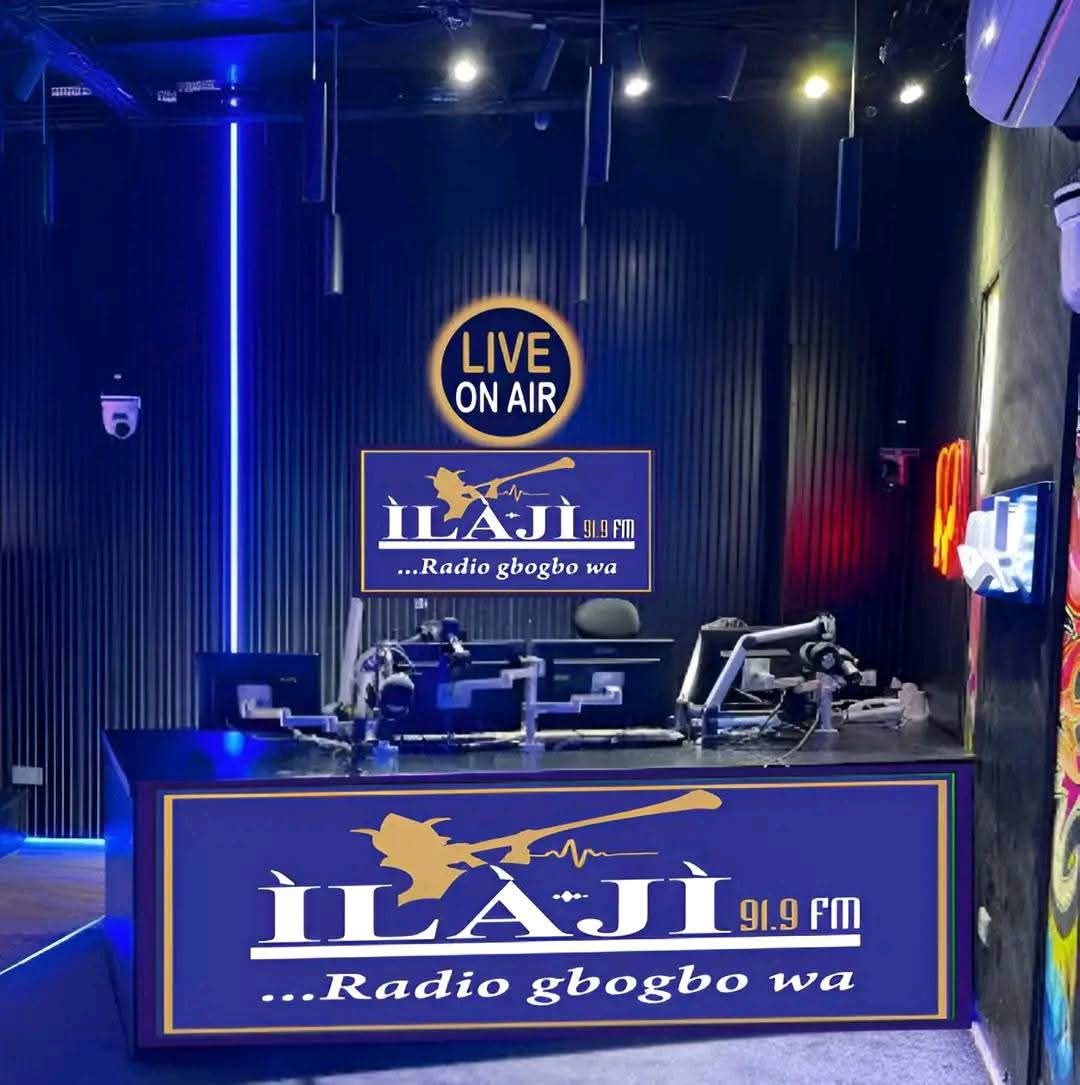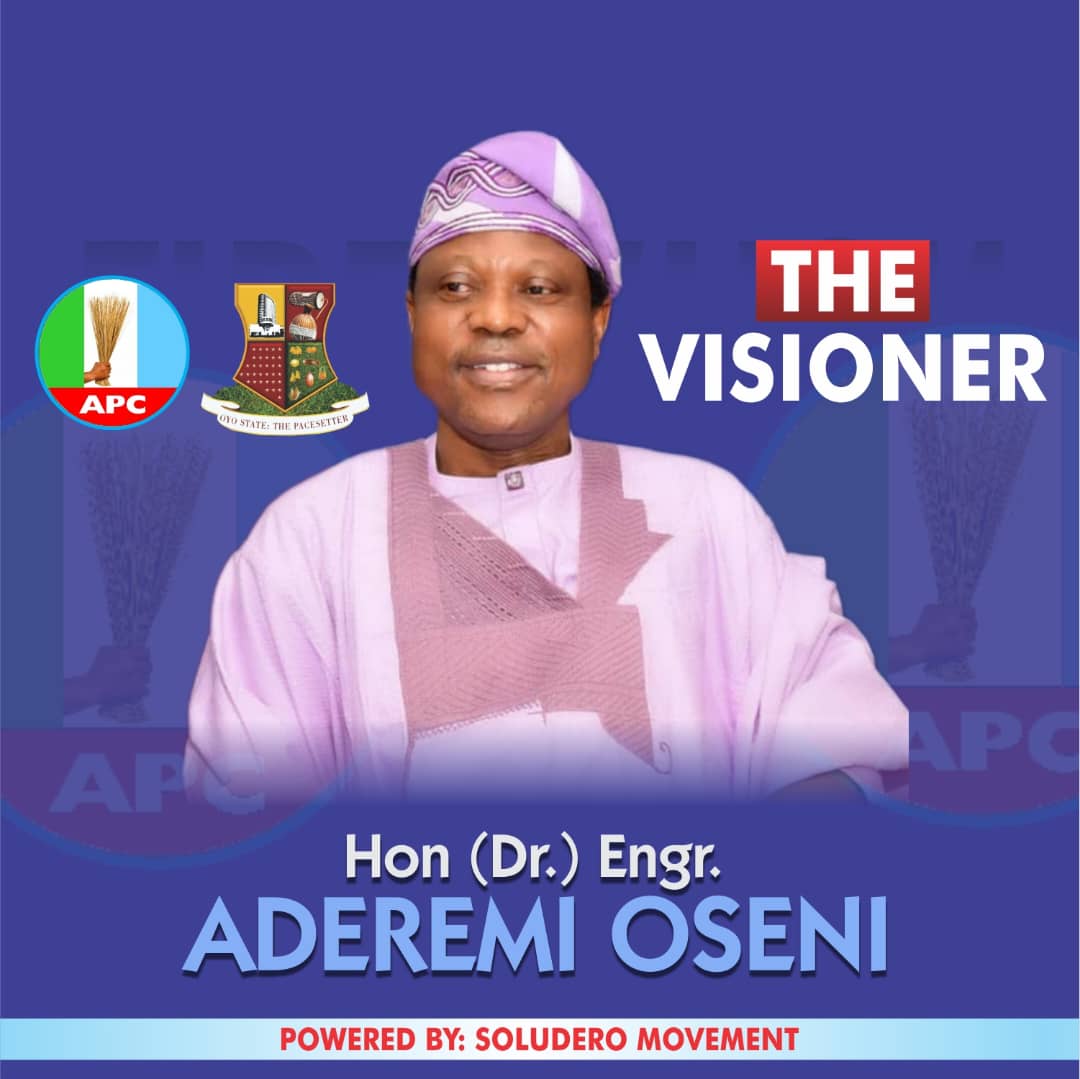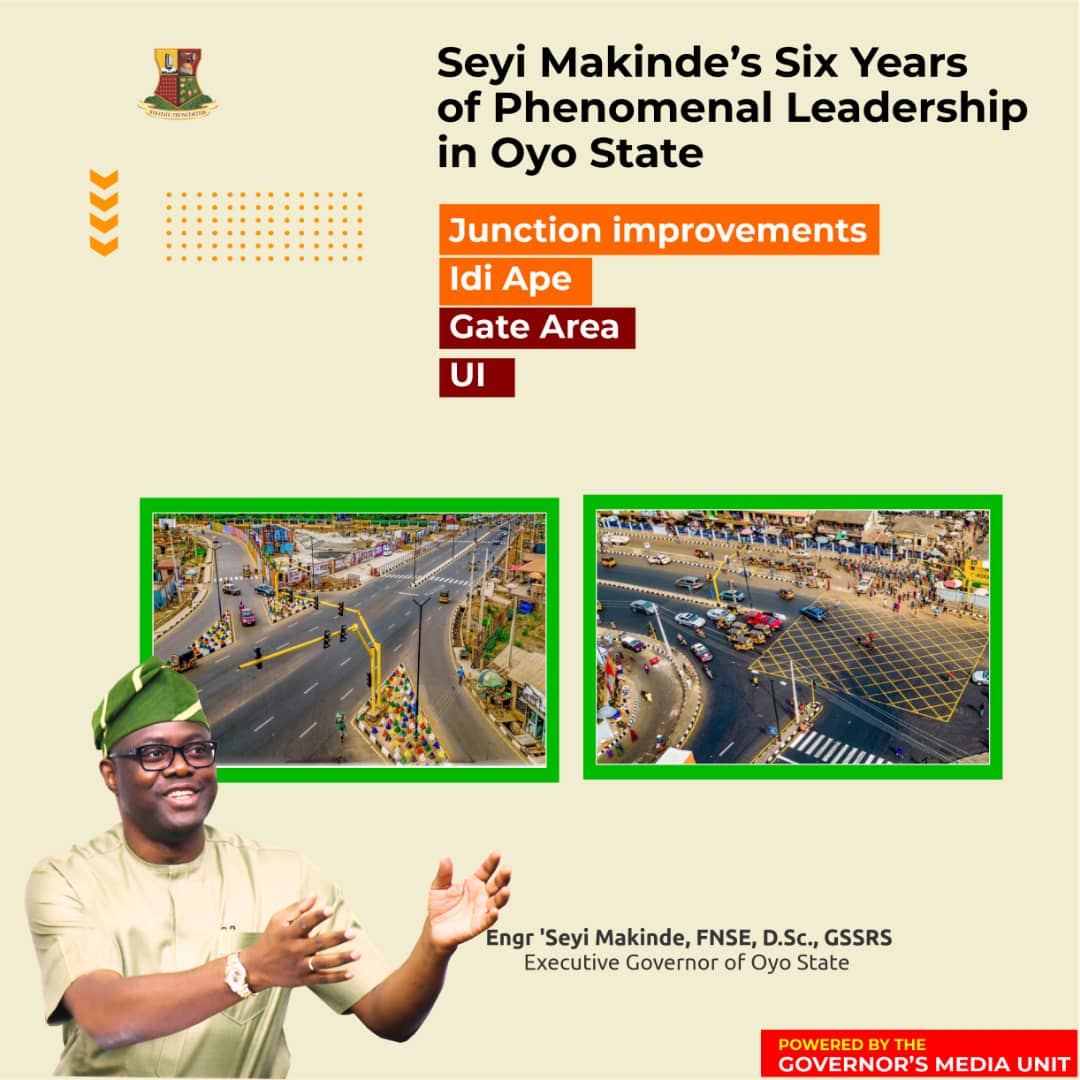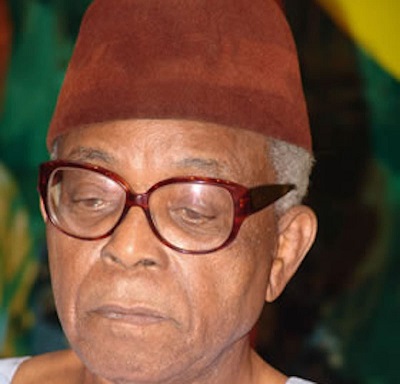Last week, this column closed with Anthony Enahoro’s apprehension about the fate of the Yorubas within the Nigerian state with leaders “who in pursuit of positions, are ready to inflict rain on themselves and undermine one another by declaring innocent guilty and guilty innocent because of wealth”. He was reacting to Chief Akintola’s decision to exploit his close relationship with Ahmadu Bello and Balewa to bring down his leader and the Yoruba nation rather than abide by the result of Enahoro’s motion for his resignation for anti-party activities, carried by 3-1 votes.
Akintola although, a master of ambiguity, (Macpherson) was nonetheless a man ‘naturally opposed to violence and according to Trevor Clark, “would have never confronted his leader but for the pressure from his wife, a human reluctance to lose face”. Thus with the characteristic display of Yoruba false sense of self-worth, Akintola resolved that if he could not have it, no one else would have it. Consequently, he sought the help of the Fulani and Igbo political elite that had an axe to grind with his leader. And with their help, he and his group of self-serving Yoruba leaders on May 29, 1962 buried their leader along with their 10 years of unparalleled achievements.

Apart from the troika of Ayo Rosiji, Okunowo and Akerele, who raised false allegations, there was Dr Majekodunmi who befriended Balewa and some northern leaders for which he was bountifully rewarded as personal doctor to Balewa and his two Lagos-based wives, graduating to Minister of State for the Army in 1959, and by 1962, the tyrannical administrator of the West under emergency, a period he fought like a slave to please his northern friends.
He did the bidding of Balewa by ensuring the dispersal and restriction of AG supporters across the old Western Region with Awo himself sent to mosquito-infested Lekki Government Guest House, accessible only through steam boat and a two-kilometre trek from the shore sometimes inside a knee-deep flood especially when there is a storm. When the probe therefore opened, he was denied access to his files which had been carted from Ibadan to IG Lynn’s office in Lagos where Akintola and Coker had access to them. He also had no access to his restricted party members with whom he ran the government from 1952-1959

Other key actors who were mostly NCNC sympathisers include Ayodola Coker, (chairman), a blood relation to Zik, Akintola Williams (member), brother-in-law to Coker and Kassim who was chief magistrate in the Eastern Region under Okpara. The Chief prosecutor, Okorodudu was of course a prominent member of NCNC while Sobo Sowemimo and Alhaji Sofola, counsels to the commission were also prominent members of NCNC.
When the heat was turned on by a vindictive federal government, some of Awolowo’s loyalists jumped boat to join Akintola now installed as governor without election. Even some concerned Obas including the Olubadan, the Olota of Ota and Oba Akran, mocked that “All the four governments of the federation are against you, what can you do, nothing; The wise course open to you is to go to the Sardauna and Balewa and beg them. Otherwise worse things will happen.”

But Awo insisted that “God who sees our hearts and knows why we have refused to bow to blind tyranny… will protect me and my colleagues from any harm”. Those who did not jump boat including those who upon resigning from government in 1959 claiming he could not work under Akintola and on request got about 3,000 pounds from the party to procure books in readiness for NPC’s unconstitutional moves after independence, for fear of a vindictive federal government, resigned from the AG.
Coker Commission of Inquiry into the affairs of Certain Statutory Corporations in Western Nigeria was based on May 29, 1962 allegations of Rosiji, Okunowo and Akerele. It according to Awolowo turned out to be “a cruel quasi-judicial machine….for the total destruction of political rival….its proceeding were in the main a travesty, and its conclusions were a parade of naked and unabashed injustice, inequity and inhumanity dispensed under the auspices of a tyrannical reign, a reign of terror, of search without warrant, of restrictions and detention of persons without trial and without any specified charge”.
The six statutory bodies investigated according to Professor H. A. Oluwasanmi (Daily Express January 28, and 29 1963) “were corporations established to perform functions that are fundamental significance to the economic, social and cultural development of the people of Western Nigeria”. For instance, they helped in the procurement of farmers’ farm products which they also helped to sell in foreign markets. They were responsible for provision of affordable houses on easy term. They contributed to the “development of agricultural industrial and commercial potential of the West, through investment of surplus resources, through provision of credit to farmers, industrialists and business men and development and propagation of Yoruba culture through radio and television.”
One of the principal targets of the inquiry was NIPC which according to A. O. Rewane was founded for the sole purpose of funding the AG. Following a survey of how political parties were funded in Europe and America, the AG committee saddled with the task recommended NIPC which was to be patterned after an Israeli Labour Movement -owned ‘The HISTRADUT’, which engaged in business activities with the largest shares in civil engineering firm, Israel Airlines and Shipping lines.
The Coker Commission and it sponsors were obsessed with the #6,210,000 pounds NIPC owed Western Region Marketing Board, WRMB. But the company even after “giving substantial financial assistance to the Action Group, its properties which include Investment House, Bristol Hotel, Bagatelle building, Cocoa House, LAPAL properties that owned all the SCOA buildings in Lagos Ibadan Port Harcourt Aba, Onitsha, Kano, Jos Gusau, Sapele and other places SCOA operated from and Amalgamated Press all valued at about nine million pounds thus fulfilling the purpose for which it was set up. When the properties were taken over by WRMB and transferred to a company known as WEMABOD Estate Limited by mid-eighties, they were worth about N80m.
As for the WRMB, the success was phenomenal. Between 1954-1959, surplus funds not needed for stabilisation purposes were used in building the infrastructure including road development and agricultural commercials and industrial undertakings. If there were problems after 1959, it was according to Professor Aluko, probably due to Akintola’s dubious policy of transferring liquid assets of the board to the regional government, a deviation from the recommendations of the International Bank Mission.
Yet Akintola as “NIPC first chairman for the two years, who presided over approval of investment, instructed and paid over #2.7m pounds for acquisition of companies and landed properties and personally intervened in the personnel affairs of the corporation, was never questioned along other chairmen of the company but found guiltless while Awo who was never chairman was indicted for alleged irregularities while he was premier”. (S A Aluko Sunday Express January 27, 1963)
It was therefore not a surprise that Chief Awolowo according to Coker’s report “has failed to adhere to the standards of conduct which are required for person holding such a post, while there is no evidence in our view to say the same of Chief Akintola and we absolve him in all grounds”.
Although the report according to Oluwasanmi was however “silent, funereally silent Awo’s tremendous achievements as premier of western Nigeria, it can be said that long after the Coker Commission Report shall have been forgotten in the archives, as a spiteful document, the work of Chief Awolowo in Western Nigeria will remain monument to brilliant planning and administrative genius”.

